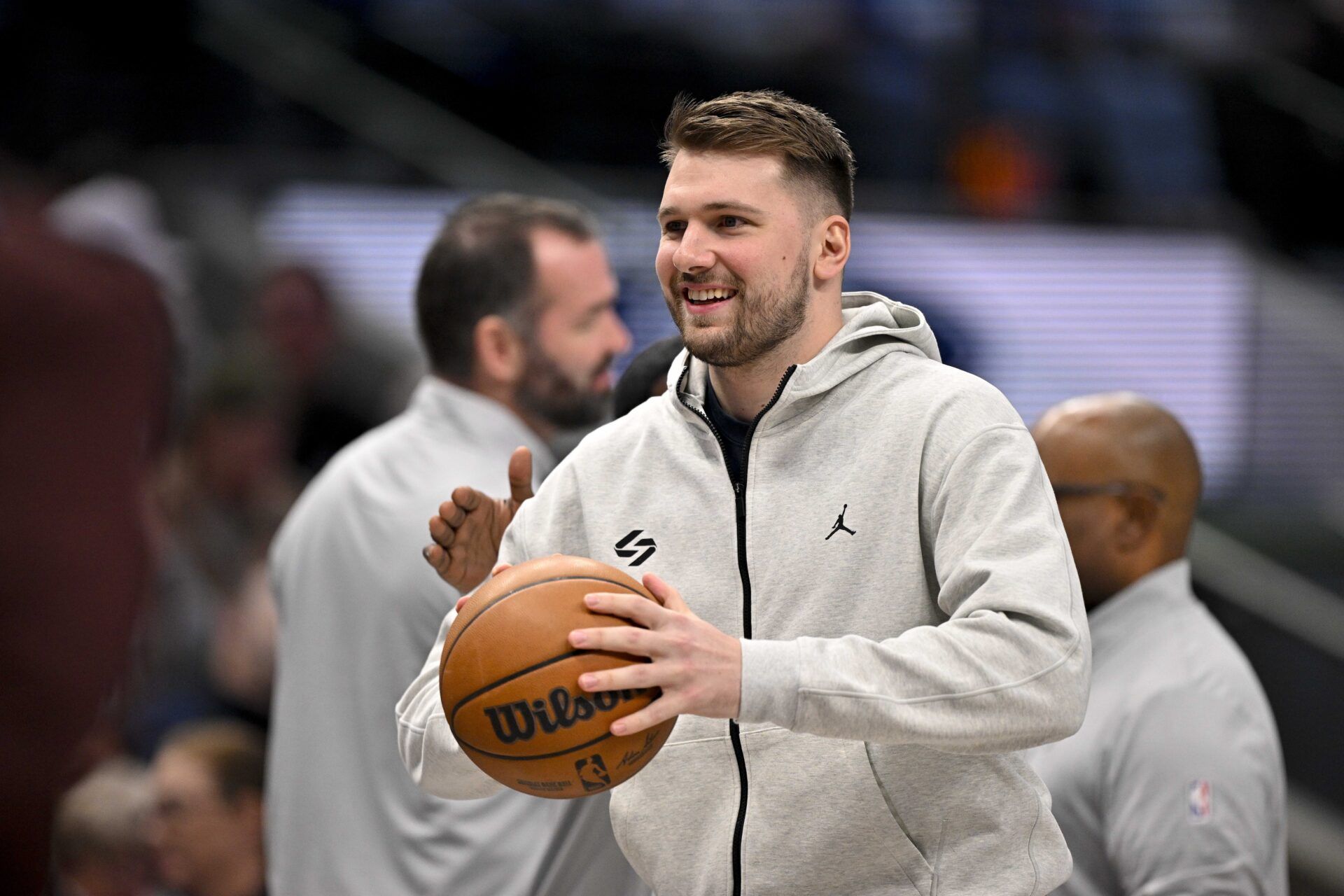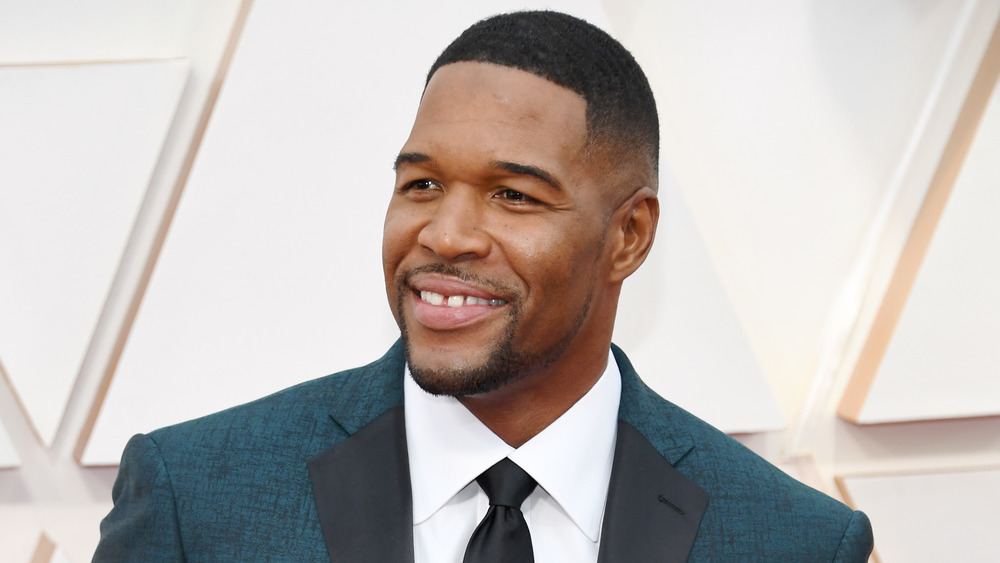In a move that has left the basketball world scratching their heads, the Dallas Mavericks have traded Luka Doncic, one of the NBA’s brightest stars, to the Los Angeles Lakers. At just 25 years old and already boasting a resume that includes five All-NBA First Team selections, Doncic’s trade comes as a major surprise. Typically, teams build around such young talent, yet the Mavericks have opted to send him off for Anthony Davis, who, despite his achievements, carries concerns due to his injury history and age of 32.
The trade specifics are equally baffling. The Mavericks received only the Lakers’ first-round pick in 2029 and Max Christie in return. Additionally, they parted with Maxi Kleber and Markieff Morris, with the Utah Jazz also involved in the trade for salary adjustment purposes. This decision raises questions about the Mavericks’ future and their confidence in building a championship team around Doncic, who was on the brink of signing a historic super max contract.
How Will This Trade Impact Doncic Financially?
Financially, the repercussions for Doncic are significant. While playing for the Mavericks, he was in line to sign a super max contract potentially worth $345 million over five years, which would have been the richest in NBA history. However, being traded means he is no longer eligible for this deal. Instead, ESPN’s Bobby Marks suggests that Doncic might opt for a three-year extension with a player option, a strategy that could still secure him a substantial salary but less than what would have been possible with the super max.
Additionally, the move from Texas to California affects Doncic’s finances due to state income taxes. In Texas, there are no state income taxes, whereas in California, he will face a rate of 13.3% for games played. This change represents a significant increase in taxes owed, potentially costing Doncic millions annually.
What Are the Broader Implications of This Trade for the NBA?
This trade not only shakes up the rosters but also sends shockwaves through the NBA landscape. For the Lakers, acquiring Doncic could be a strategic move to position themselves as championship contenders. Conversely, for the Mavericks, trading away a young superstar in his prime could signal a new direction or rebuilding phase, albeit one that is risky and has left many fans and analysts puzzled.
The trade also impacts the broader market dynamics. Doncic’s move could set a precedent for how teams handle negotiations with top talent, particularly concerning long-term financial commitments and the leveraging of trade clauses. Furthermore, if Doncic thrives in Los Angeles and leads the Lakers to a championship, it could vindicate the move, whereas a lackluster performance might validate the Mavericks’ decision if they succeed without him.
Could Doncic Leave the Lakers If He Doesn’t Find Success?
Looking ahead, Doncic’s tenure with the Lakers could go several ways. If his time in Los Angeles does not lead to championship success, he might explore options as Kevin Durant did in 2016. Durant left the Oklahoma City Thunder for the Golden State Warriors, where he won two championships. Doncic could similarly seek a team with a clearer path to the title, proving that player mobility is a powerful aspect of modern NBA strategy.
By the summer of 2026, Doncic will have amassed close to $200 million in career earnings and, despite this tumultuous period, will likely still be a hot commodity in the league capable of commanding a max contract.
What Does the Future Hold for Luka Doncic?
As Doncic adjusts to his new team, all eyes will be on his performance and fit within the Lakers’ system. His ability to adapt and potentially lead the team to success will be crucial. Meanwhile, the Mavericks will be scrutinized for their return on this trade, particularly how well Anthony Davis fills the void left by Doncic.
The trade of Luka Doncic is a significant chapter in NBA history and its consequences will reverberate through the league for years to come. As for Doncic, only time will tell if this bold move will lead to the success he seeks, both on the court and in his bank account.






